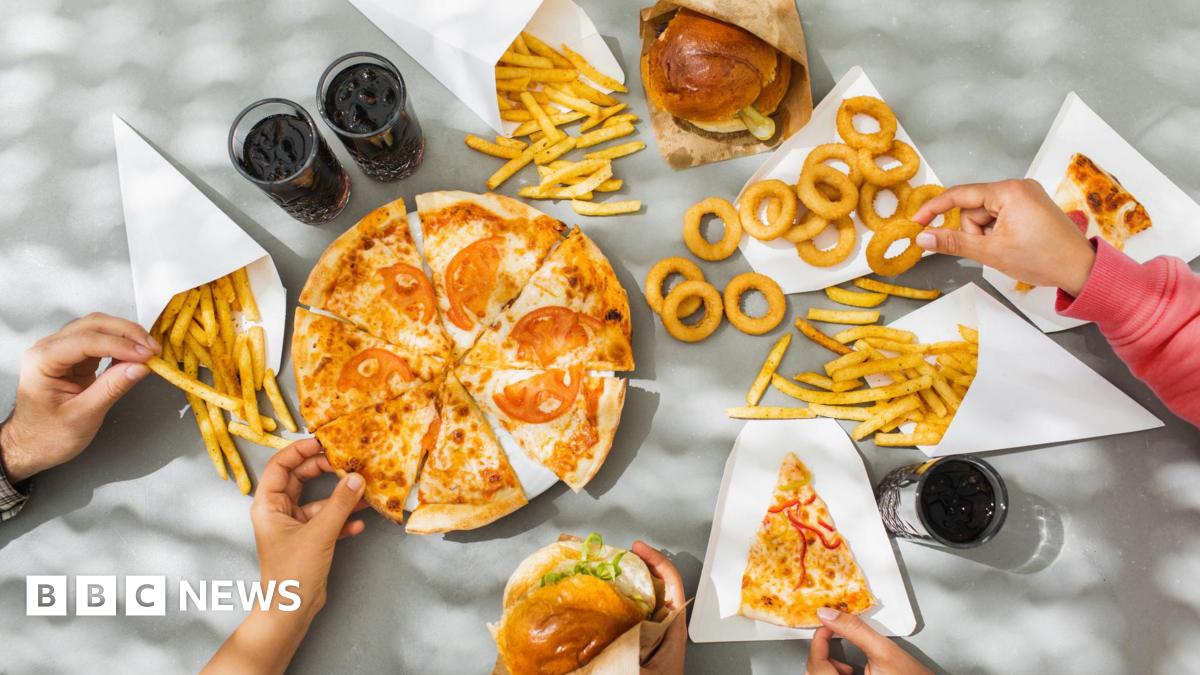Some scientists have commented that it is difficult to untangle the effects of UPFs in people’s diets from other factors in people’s lives, such as lifestyle, behaviour and wealth.
Critics of the Nova classification system say it relies too much on the level of processing in foods, and not on how nutritious that particular food is. For example, wholegrain bread, breakfast cereals, low-fat yoghurts, baby formula milk and fish fingers all count as ultra-processed but have lots of good in them.
Prof Kevin McConway, emeritus professor of applied statistics at the Open University, said: “A study like this can find a correlation, but it can’t be certain about cause and effect.”
He said there was still “room for doubt and for clarification from further research”.
“It seems to me likely that at least some UPFs could cause increases in the risk of some chronic diseases. But this certainly doesn’t establish that all UPFs increase disease risk.”
It is still not clear what it is about ultra-processed foods that could be causing or contributing to diseases.
Prof Jules Griffin, from the University of Aberdeen, said there were some positive sides to food processing, and more research to understand how it influences our health was “urgently needed”.
The Food and Drink Federation says UPFs can form part of a balanced diet, like frozen peas and wholemeal bread.
“Companies have been making a series of changes over many years to make the food and drink we all buy healthier, in line with government guidelines,” says Kate Halliwell, chief scientific officer at the Food and Drink Federation, which represents industry.
The amount of sugar and salt in products on sale in shops and supermarkets has gone down by a third since 2015, she added.
Current UK government advice on diet is to eat more fruit, vegetables and fibre, and cut back on sugar, fat and salt.
